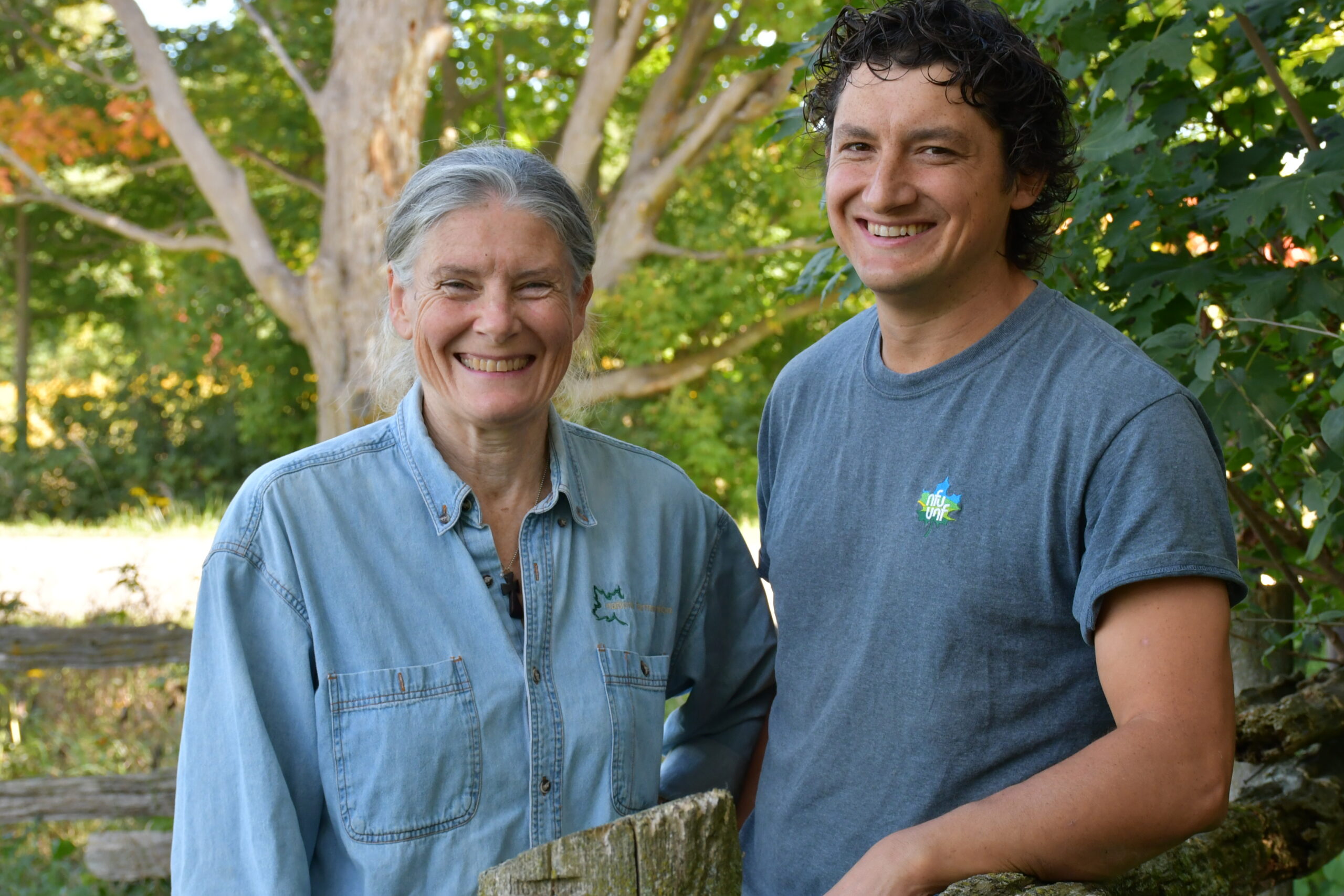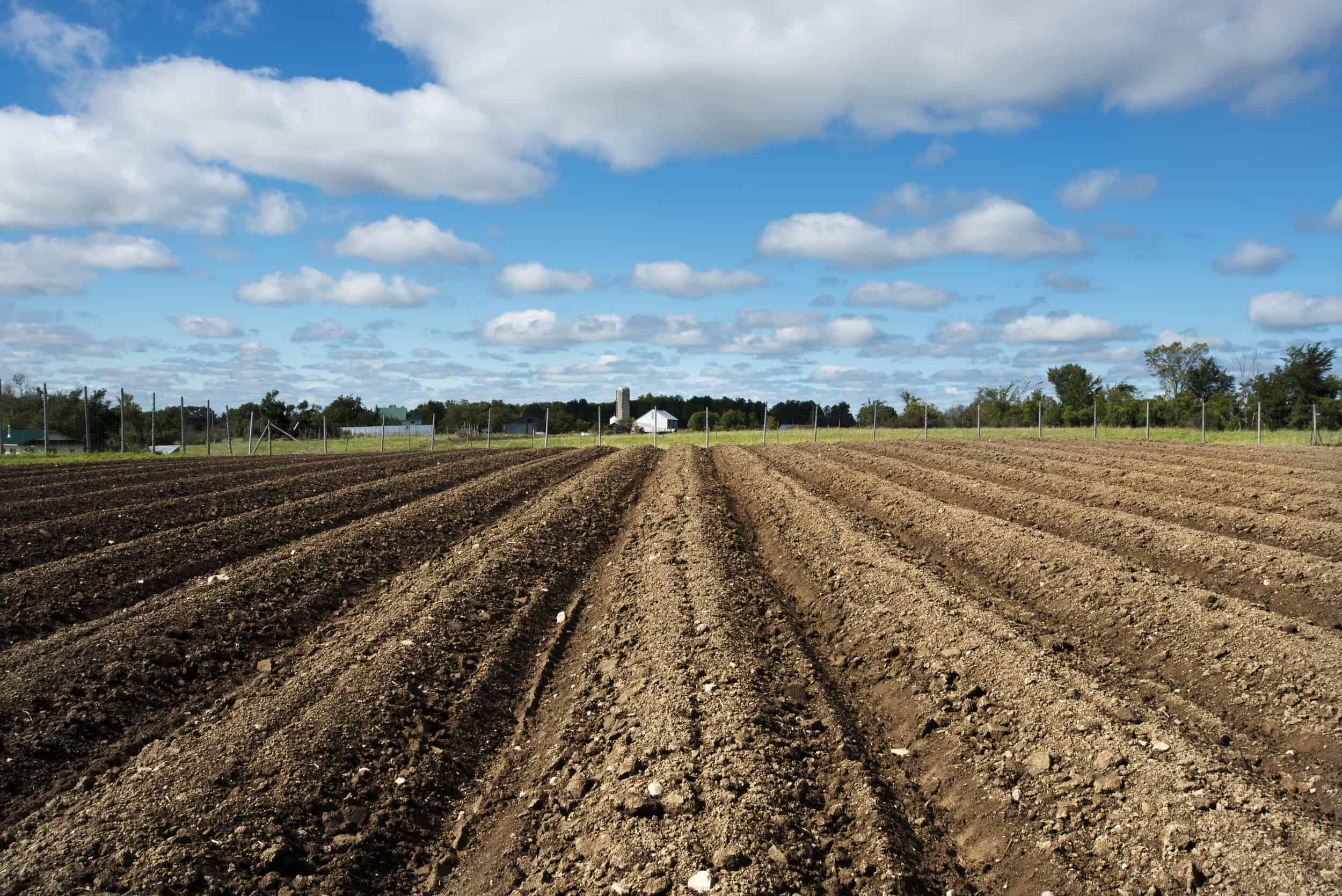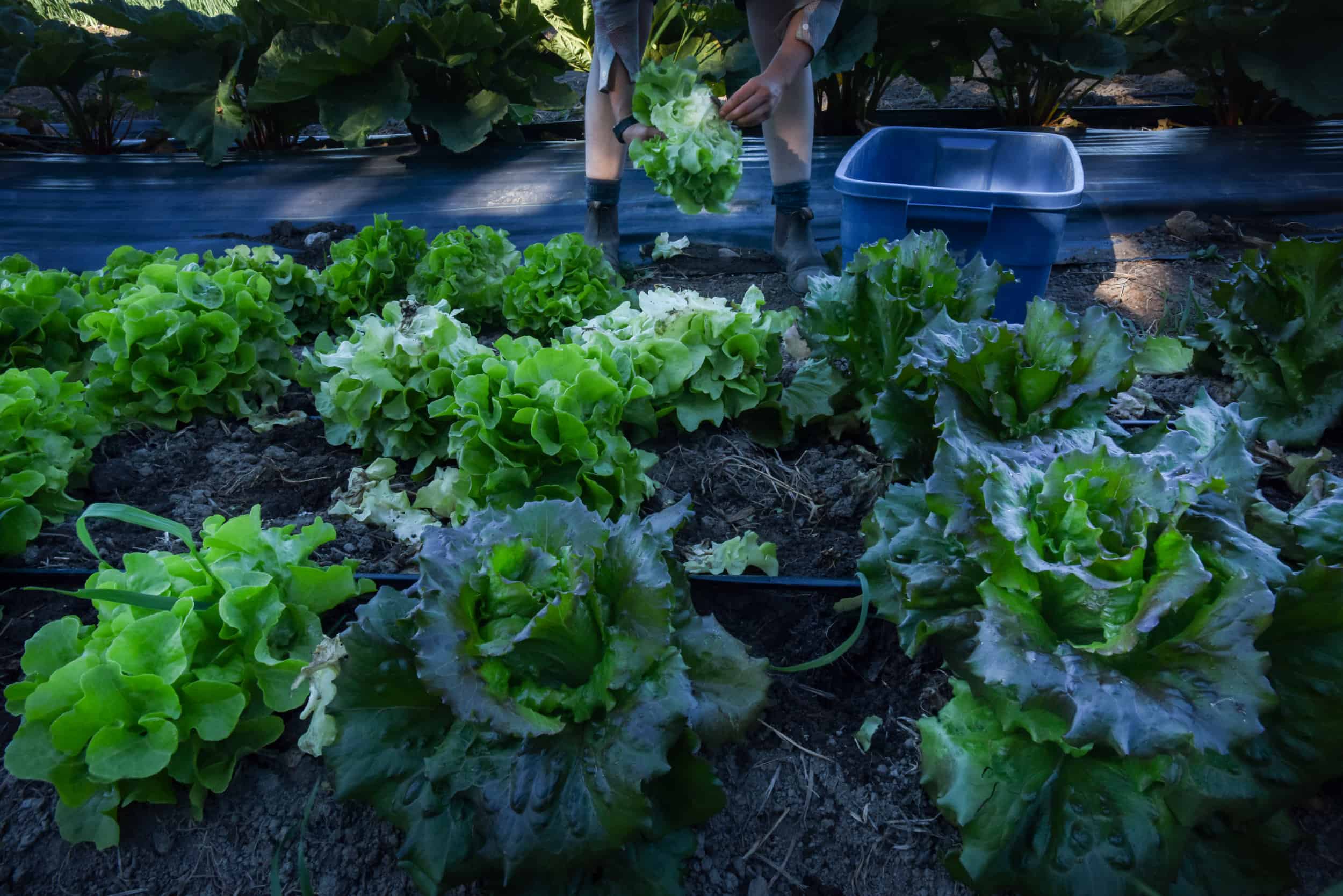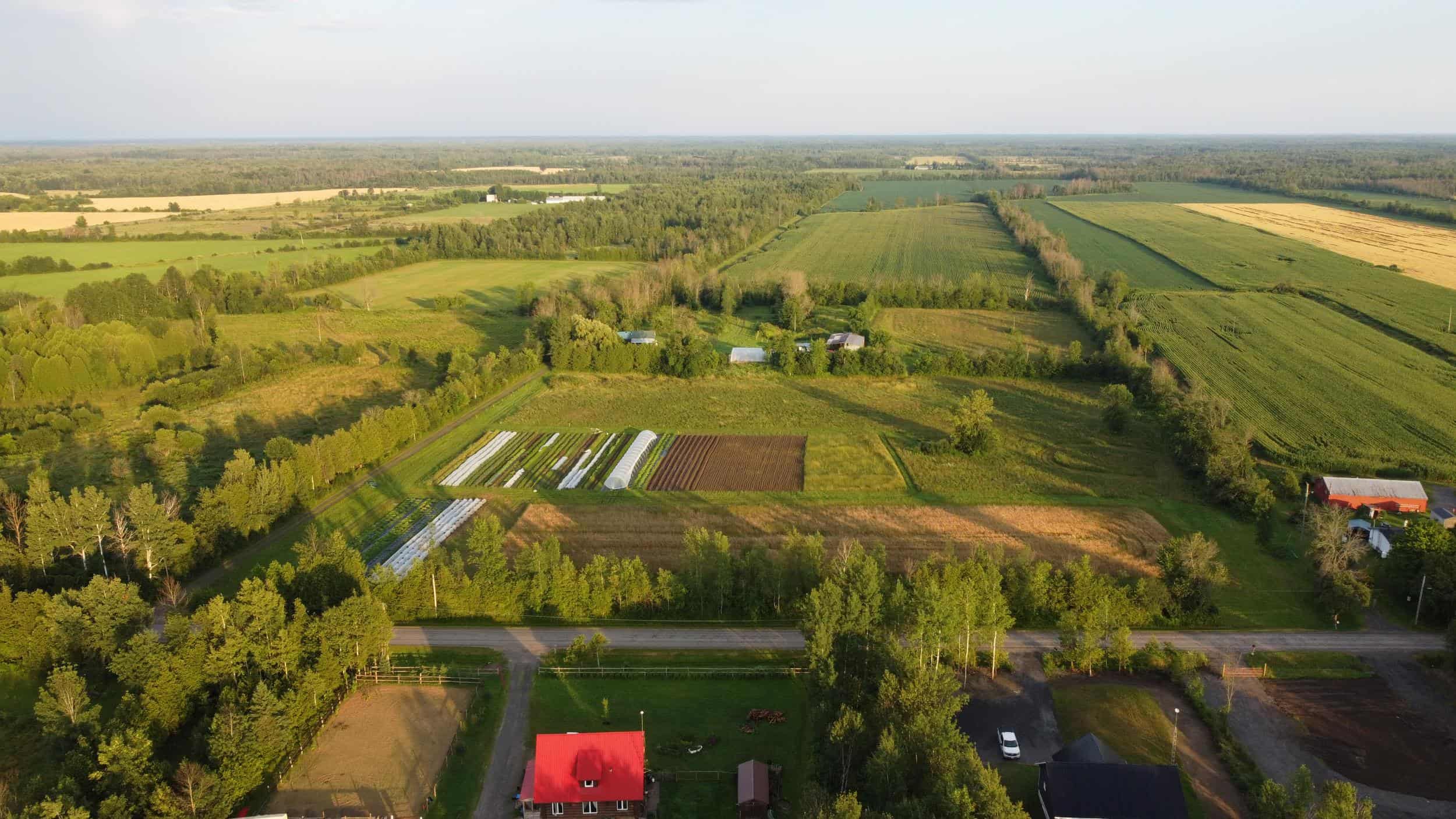Ontario's future farmers & food security.
The soaring cost of land in Ontario presents aspiring farmers with major land access barriers. Caught at a crossroads, they must navigate housing, financing, and lease security hurdles while striving to realize their farming dreams. Retiring farmland owners face their own unique challenges with succession planning, as the decline in family successors leaves them grappling with ensuring both their legacy, and retirement funds. Purchasing a farm becomes unattainable for new farmers, compounded by stiff competition from developers. Ontario's food security hangs in the balance without vital support to connect beginning farmers with viable farmland.

Barriers to land access threaten food security.
With over 40% of Canada’s farmers retiring by 2033, access to farmland becomes increasingly challenging for new farmers due to widespread speculation. Many retiring farmers, capitalizing on a 51% increase in farmland prices between 2020 and 2022, opt to use their land as a retirement fund. These systemic market challenges leave beginning farmers unable to afford farmland, leading to frustrations over housing, wasted short term lease investments, and potentially challenging relationships with landowners.
Ontario’s fertile land is crucial for food security, especially as climate change poses a looming threat. Without adequate support for the new farming generation, these valuable agricultural lands risk being lost to development, putting Ontario’s farming industry and food security at stake.
Supporting farmers & farmland owners.
The NFU-O's Land Access project supports farmers looking for land and helps farmland owners with succession planning.
In 2018, we partnered with Young Agrarians to create a Land Access Guide for Young Farmers in Ontario. This resource provided guidelines for accessing land and shared stories of individual farmers.
In 2020 and 2021, together with the Ontario Farmland Trust, we organized a series of workshops covering various topics like land partnerships, BIPOC farming opportunities, and farm financing and business planning. Additionally, in collaboration with the Ecological Farmers Association of Ontario (EFAO), we facilitated Land Access Coalition meetings that brought together organizations and farmers from across the country, to discuss land access challenges and opportunities in Ontario.
The next phase of the project will focus on fostering organic relationships, land access conversations, and developing policies for land access. We will conduct research on alternative land access while creating valuable resources, like an Alternative Land Access Guide. Working in partnership with EFAO, we will host workshops, field days, and continue the Land Access Coalition's work by organizing meetings and advancing land access policies and programs.
Throughout our efforts, we prioritize supporting access to land for BIPOC farmers and sharing their land access stories. We extend our gratitude to the NFU's BIPOC Caucus, the EFAO's BIPOC Farmer Network, and individual BIPOC farmers who contribute their valuable input to this work.
Loved the chance to meet folks and socialize with other farmers about land access. Left the workshop feeling more hopeful: there’s more people with land than I thought!
– Workshop Participant 2020
Want to learn more about land access?
Frequently Asked Questions
While this program aims to support farmland owners and farmers seeking land, it is important to note that we do not directly make matches between them. Unfortunately, we currently lack the capacity to directly engage in land-matching arrangements. Our primary goal is to facilitate relationship building through workshops and field days, providing a platform for connections to be established organically. Should a suitable opportunity arise, we are happy to support initial introductions and offer resources like our Land Access Guide, or contract templates. We greatly appreciate your understanding of these limitations at this time.




